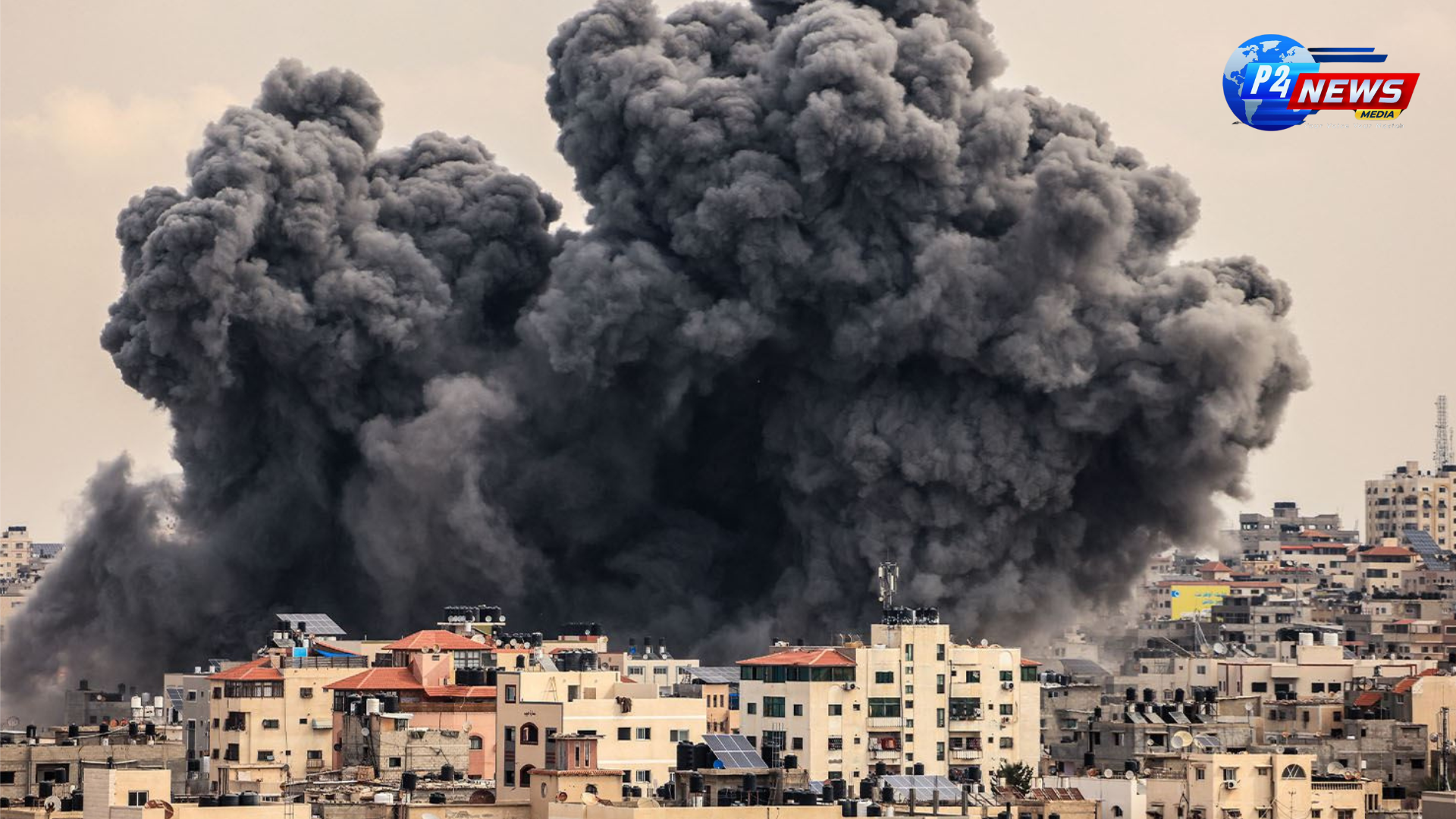Delve into the potential dangers and implications of Israel's military response to Iran's threats. From military targets to economic infrastructure, explore the strategic considerations at play in this volatile region.
Delve into the potential dangers and implications of Israel's military response to Iran's threats. From military targets to economic infrastructure, explore the strategic considerations at play in this volatile region.
The ongoing conflict between Israel and Iran presents a tense and complex situation, particularly in light of the recent missile attacks. Israel is contemplating various options for retaliatory strikes against Iran. Each option carries its own risks and consequences that need careful evaluation.
Military targets are among the most discussed potential options for Israel. The focus could be on Iran’s missile and drone bases, many of which are fortified deep underground, making them resilient to conventional strikes. While targeting these facilities may seem like a straightforward approach, the likelihood of success is questionable. As expert Fabian Hinz mentions, these installations are designed to withstand significant explosive force, and hitting them might not effectively neutralize future threats.
Alternatively, bombing Iranian air defense systems is another option, particularly those protecting key locations like Tehran and Isfahan. A more intricate strategy might involve targeting military production facilities, similar to the drone strike conducted on a weapons factory in Isfahan earlier this year. However, these plans are fraught with the potential for unintended consequences and civilian casualties.
Should military targets be deemed insufficient, Israel may consider attacking Iran’s economic infrastructure, specifically its oil terminals and refineries. These facilities, particularly the Kharg oil terminal, play a vital role in Iran's economy, handling a significant majority of its crude oil exports. Strikes on such facilities could severely impact Iran's already struggling economy, potentially leading to longer-term ramifications for the Iranian regime.
However, the proportionality of such retaliation comes into question. In light of Iran's missile strikes targeting Israeli military installations, Israel's decision to respond economically could be viewed as an overreaction, resulting in escalated hostilities. Iranian military officials have warned that any attack could lead to larger missile responses, targeting Israeli infrastructure more broadly.
As an alternative to overt military action, Israel could expand its covert operations, particularly its program of targeted assassinations in Iran. Historical operations suggest Israel's capability to execute high-profile targets within Iranian borders. For instance, key Iranian nuclear scientists have been eliminated through covert means, indicating that Israel can inflict significant damage without traditional military confrontation.
The assassination of Hamas leader Ismail Haniyeh serves as a recent example of Israel’s willingness to carry out high-stakes covert operations. Nevertheless, this tactic is unlikely to satisfy demands for retaliation following a direct missile assault.
Potential strikes on Iran's nuclear sites represent another dimension of Israel's military calculus. However, U.S. President Joe Biden has clearly indicated that the U.S. does not support strikes on these facilities. Iran’s critical nuclear sites, such as Natanz and Fordow, are heavily fortified against any conventional military action. Experts agree that without U.S. assistance, Israeli attempts to disrupt these facilities would likely fall short.
Moreover, any attack targeting Iran's nuclear capabilities could backfire, potentially accelerating Tehran's nuclear ambitions. In the face of an attack, Iran might view nuclear weaponization as the only means of ensuring its security against external threats.
The risks involved with Israeli retaliatory strikes against Iran are extensive and multifaceted. From military targets to economic consequences and covert operations, each option brings with it significant potential for escalation and unintended fallout. As the situation evolves, Israel must weigh these risks against its strategic objectives, all while considering the broader implications for regional stability and international relations.
'
Like
Dislike
Love
Angry
Sad
Funny
Pray
9th Ayurveda Day in Melbourne: A Celebration of Ayurvedic Innovations and Global Health Impact
November 10, 2024Australia’s Terror Alert Jumps to ‘Probable’: What You Need to Know About the Increased Risk
August 05, 2024🍪 We Value Your Privacy and Experience Hi there! We use cookies to enhance your browsing experience, provide personalized content, and analyze site traffic. By continuing to use our site, you consent to our use of cookies.







Comments 0